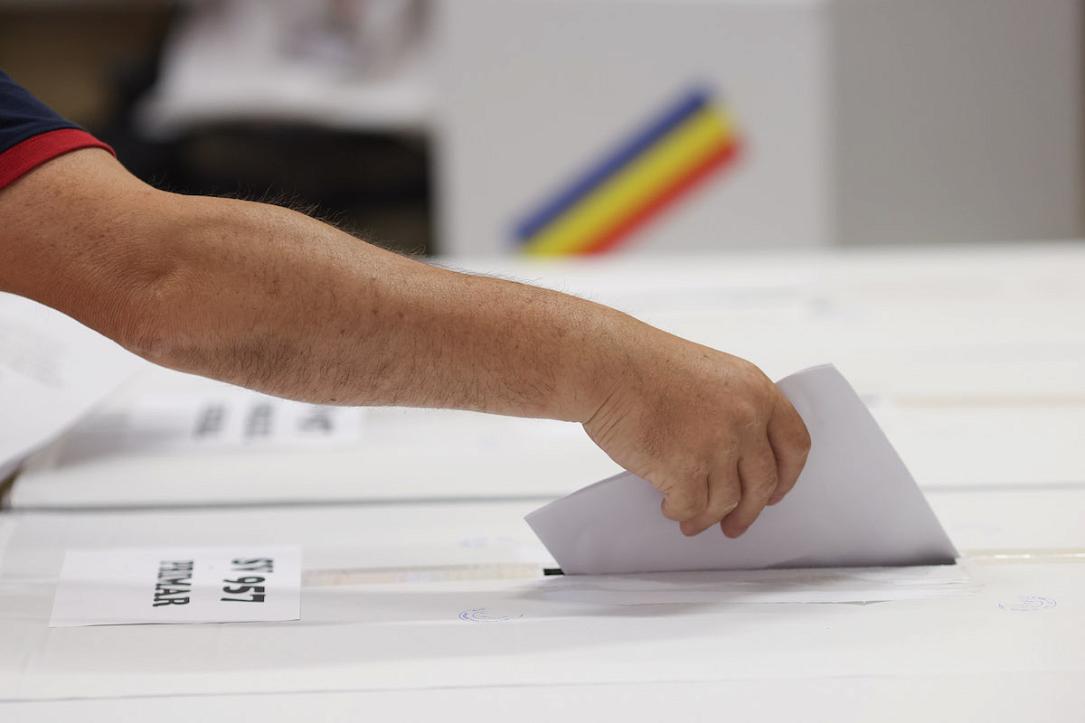Romanians head to the polls again for parliamentary elections on National Day



Romanians will head to the polls again this Sunday, December 1 - the National Day, for the parliamentary elections. And, in the context of the surprising results of the first round of the presidential elections of November 24, the upcoming vote for the Parliament is shaping up to be a pivotal moment in the country's political landscape.
The Parliament is the country's sole legislative authority, composed of the Chamber of Deputies and the Senate. The parliamentary elections will determine the composition of both chambers and, indirectly, the formation of a new government, including the prime minister.
The Chamber of Deputies has 332 seats, while the Senate consists of 137 MPs, according to Digi24. Their members are elected through a universal vote in the 42 electoral constituencies, corresponding to the 41 counties and the Municipality of Bucharest.
A total of 31 parties and alliances and 19 national minority organizations registered for the 2024 parliamentary elections. According to data from the Central Electoral Bureau, the governing Social Democratic Party (PSD) has the most candidates for the Senate and the Chamber of Deputies, with a total of 639 people running in 42 constituencies. Far-right party SOS România has 636 candidates, junior coalition partner PNL (the Liberal Party) 630, AUR 621, Forța Dreptei 619, UDMR 596, and USR 589.
At present, the largest parliamentary groups belong to the Social Democratic Party (106 deputies and senators), followed by coalition partners in the National Liberal Party (76), the reformist opposition party USR (39), and the far-right party AUR (24).
PSD and PNL remain key players in the upcoming parliamentary elections, but given that none of their candidates made it to the second round of the presidential elections, they'll need to rebuild trust.
Meanwhile, USR, which gained momentum after its leader, Elena Lasconi, advanced to the presidential election's second round, may attract more voters. However, Călin Georgescu, who surprisingly led in the first round of the presidential elections, could inspire alternative political movements or alliances and possibly bring votes to far-right AUR.
The second round of the presidential elections, which will see independent Călin Georgescu running against USR leader Elena Lasconi, is scheduled for the following Sunday, December 8.
irina.marica@romania-insider.com
(Photo source: Inquam Photos/George Calin)